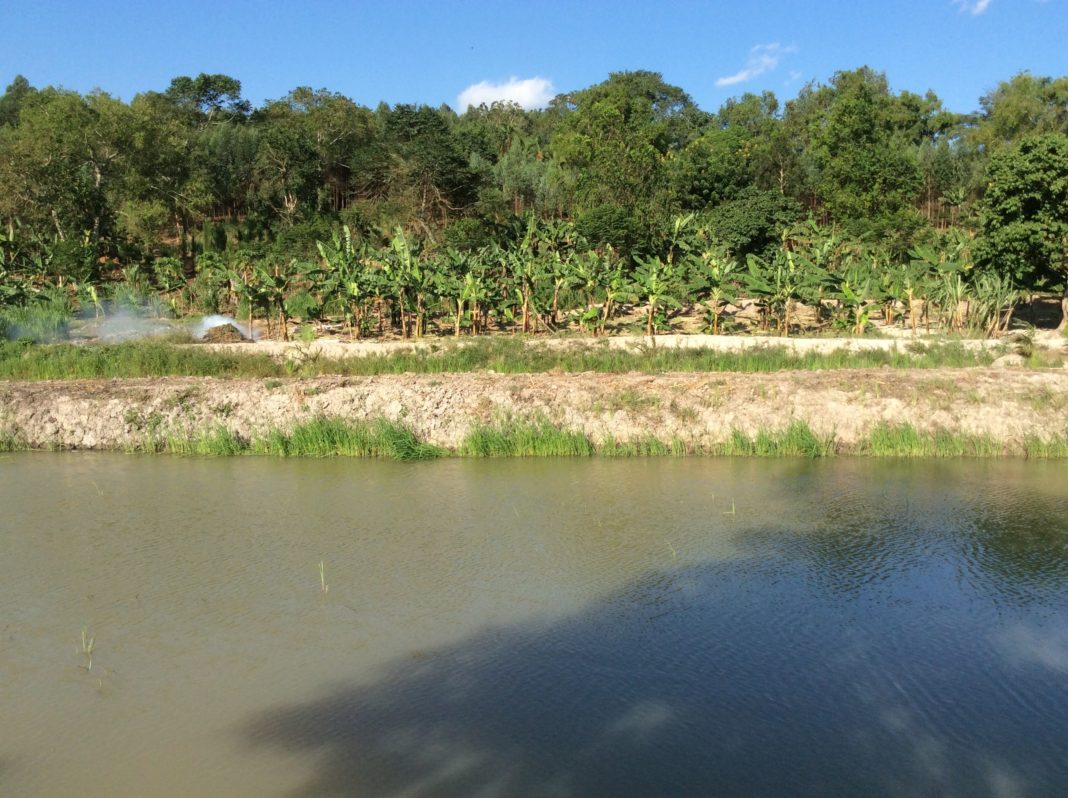The government of Uganda and others in Africa should recognise customary rights to water for millions of small farmers who have been sidelined or “criminalised” by permit systems created during the colonial era, according to a report published on Monday as the continent marks the Africa Water Week in Libreville, Gabon.
Restrictive permit systems in Uganda, Kenya, Malawi, South Africa and Zimbabwe have left more than 100 million people without access to enough water, says the report by the Sri Lanka-based International Water Management Institute (IWMI).
Those countries should “decolonise statutory water law through a hybrid approach”, according to the report.
A hybrid system that recognises both existing permits and includes customary laws would improve water access for small farmers, says Barbara Schreiner, a co-author of the report.
“This is critical for expanding smallholder irrigation,” says Schreiner, who is executive director of the South Africa-based advocacy group Pegasys Institute.
About half of sub-Saharan Africa governments recognise customary rights to water, according to the Washington-based think tank World Resources Institute, but most are restricted to home use and limited farm irrigation.
In the five countries surveyed, researchers found that laws restrict small farmers to irrigating less than one acre of land without a permit, says Barbara van Koppen, a co-author and principal researcher at IWMI.
Recognising customary rights would help small farmers expand their agricultural production through irrigation, she says.
She said state agencies mandated to license water use have concentrated on large commercial users and failed to reach small farmers.
While many countries promoted water permits as the best practice in the 1990s, poorly-funded state agencies mandated with this task could not reach millions of small farmers, leaving many at risk of prosecution, the report says.
Recognition of customary water rights would also help strengthen land rights for a majority of communities whose land is still untitled across Africa, said Timothy Williams, IWMI’s director for Africa.
About 90 percent of rural land in Africa is undocumented, according to the World Bank, with most of it held under customary law.





